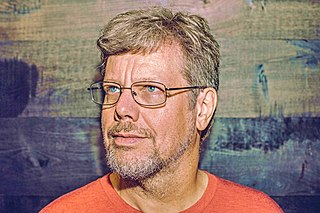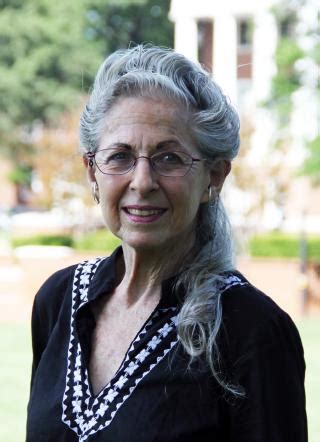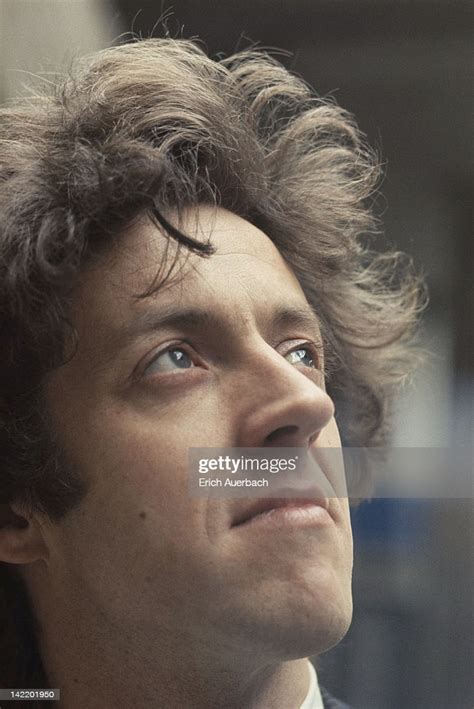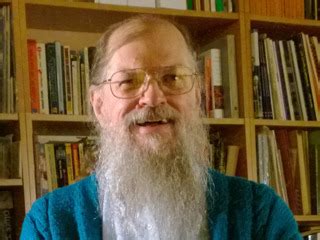A Quote by Kenneth E. Iverson
The precision provided (or enforced) by programming languages and their execution can identify lacunas, ambiguities, and other areas of potential confusion in conventional [mathematical] notation.
Related Quotes
Although mathematical notation undoubtedly possesses parsing rules, they are rather loose, sometimes contradictory, and seldom clearly stated. [...] The proliferation of programming languages shows no more uniformity than mathematics. Nevertheless, programming languages do bring a different perspective. [...] Because of their application to a broad range of topics, their strict grammar, and their strict interpretation, programming languages can provide new insights into mathematical notation.
We shall do a much better programming job, provided that we approach the task with a full appreciation of its tremendous difficulty, provided that we stick to modest and elegant programming languages, provided that we respect the intrinsic limitations of the human mind and approach the task as Very Humble Programmers.
My impression was and is that many programming languages and tools represent solutions looking for problems, and I was determined that my work should not fall into that category. Thus, I follow the literature on programming languages and the debates about programming languages primarily looking for ideas for solutions to problems my colleagues and I have encountered in real applications. Other programming languages constitute a mountain of ideas and inspiration-but it has to be mined carefully to avoid featurism and inconsistencies.
If the system exhibits a structure which can be represented by a mathematical equivalent, called a mathematical model, and if the objective can be also so quantified, then some computational method may be evolved for choosing the best schedule of actions among alternatives. Such use of mathematical models is termed mathematical programming.
Many persons who are not conversant with mathematical studies imagine that because the business of [Babbage’s Analytical Engine] is to give its results in numerical notation, the nature of its processes must consequently be arithmetical and numerical, rather than algebraical and analytical. This is an error. The engine can arrange and combine its numerical quantities exactly as if they were letters or any other general symbols; and in fact it might bring out its results in algebraical notation, were provisions made accordingly.
































